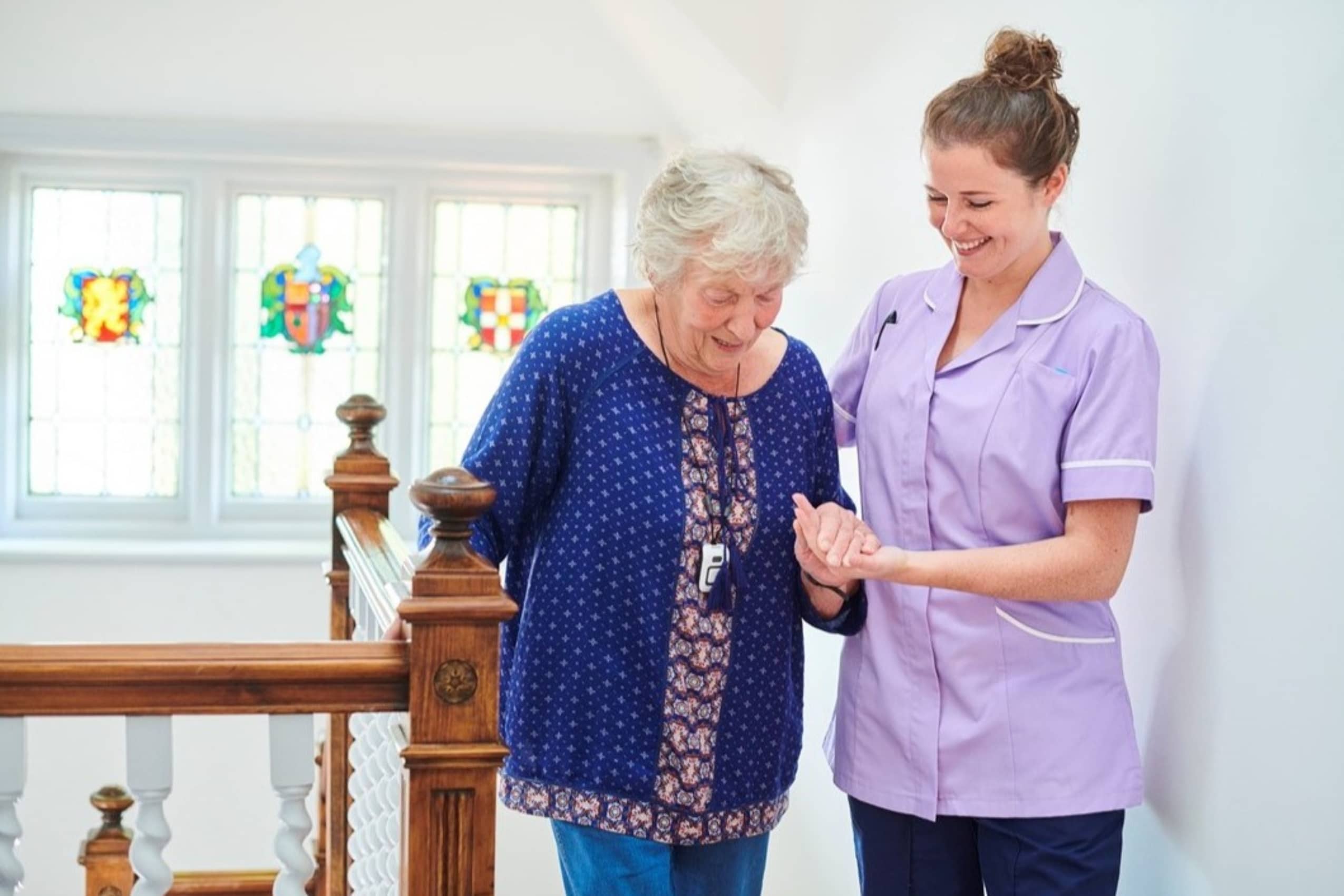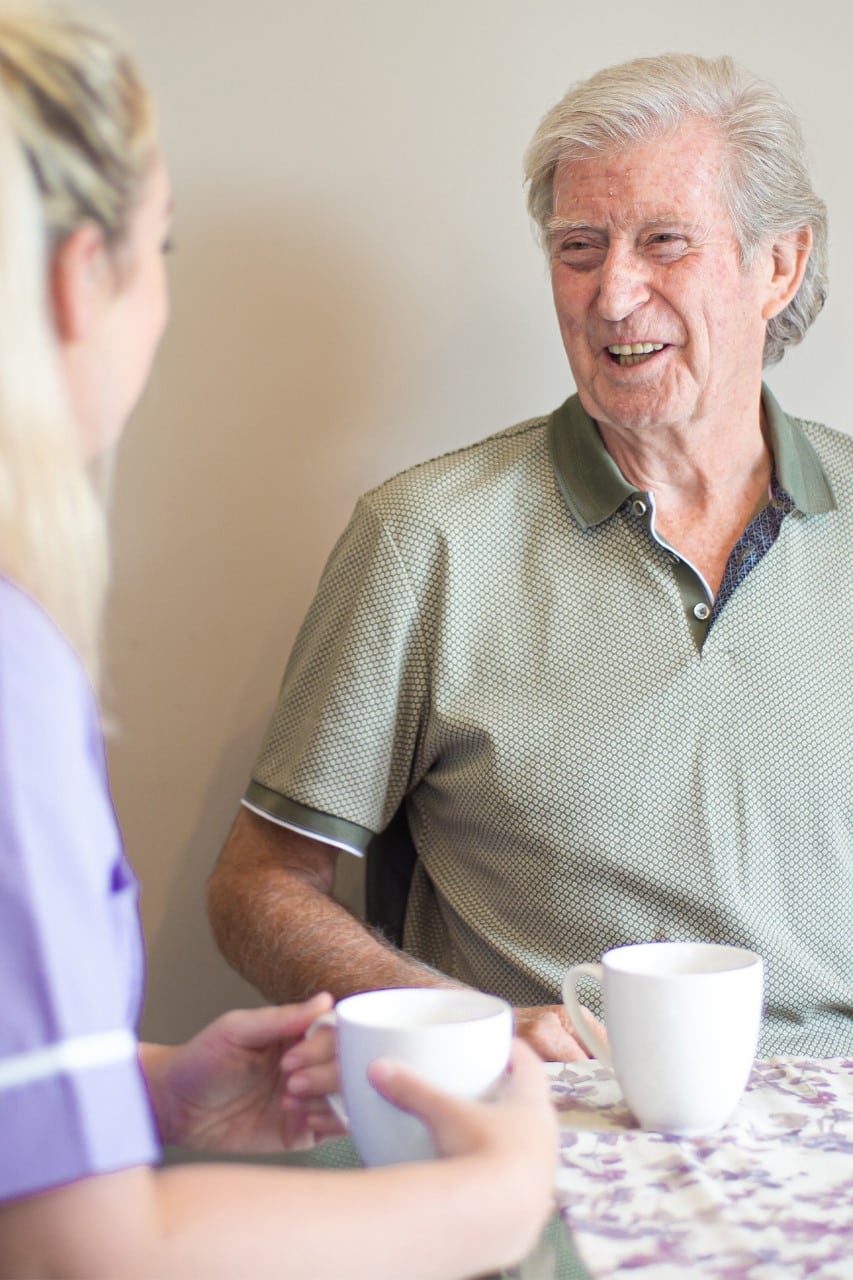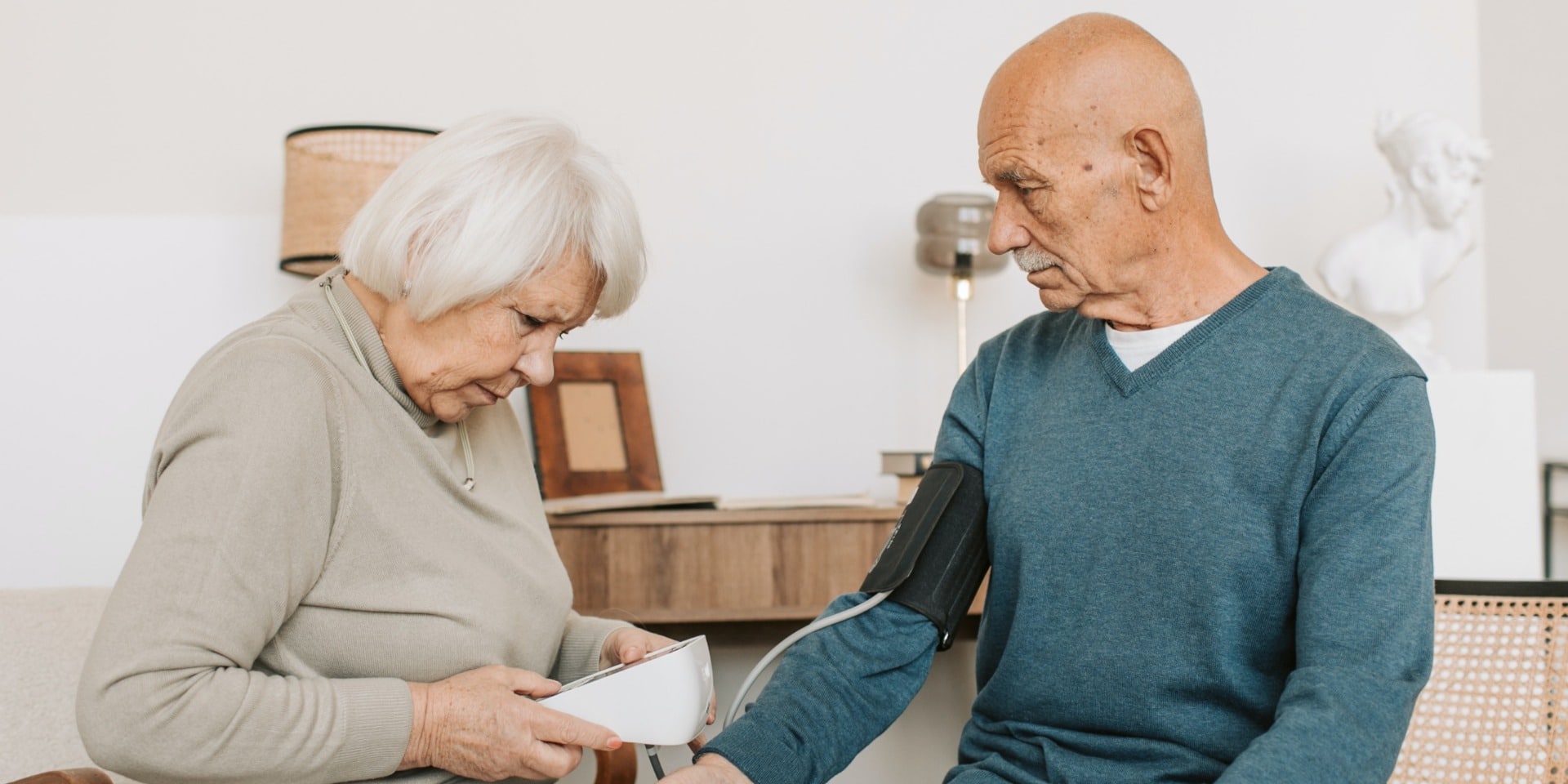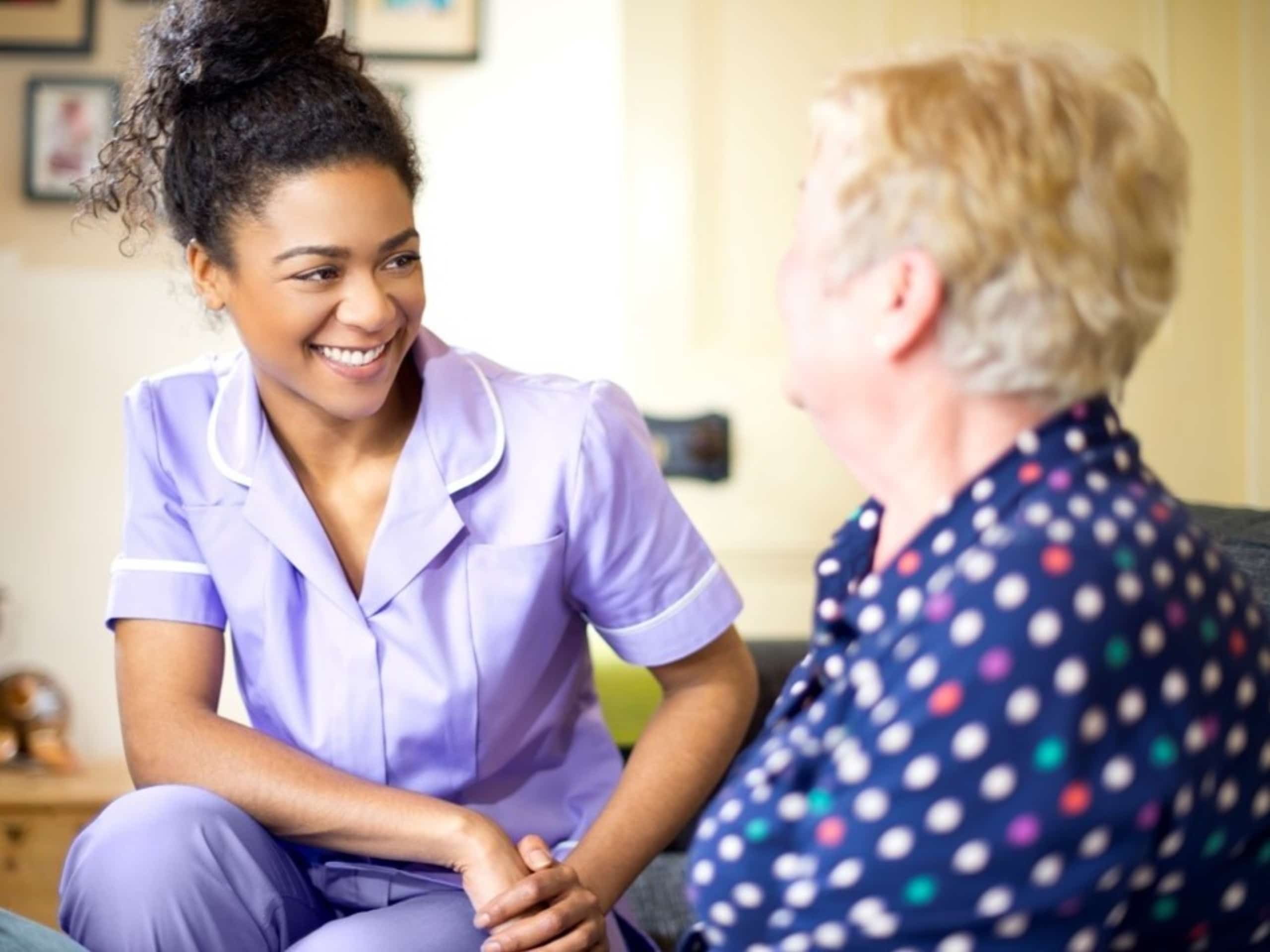Anaemia in the elderly

What is anaemia?
Anaemia is when your body hasn’t produced enough healthy red blood cells or haemoglobin to store and carry oxygen to your organs and tissues.
There are different types of anaemia, including iron deficiency anaemia and vitamin B12 or folate deficiency anaemia. According to the World Health Organization, “While iron deficiency anaemia is the most common form and can often be treated through dietary changes, other forms of anaemia must be treated by addressing underlying infections and chronic conditions requiring comprehensive health interventions.”
Anaemia is common among older individuals and those over 65 are at high risk. This can be due to various reasons, including your diet choices or a condition you may be living with. However, it is treatable. So it is still possible to live a healthy and independent lifestyle.

What are the symptoms of anaemia?

It is easy to confuse symptoms of anaemia as feeling run down, but it is still important to seek advice from your doctor.
There are different types of anaemia, iron deficiency anaemia and vitamin B12 or folate deficiency anaemia. They both have similar symptoms, but some can vary.
Symptoms of iron deficiency anaemia can include:
Tiredness
Shortness of breath
Dizziness
Cold hands and feet
Pale complexion
Heart palpatations
Mouth ulcers
Symptoms of vitamin B12 or folate deficiency amaemia can include:
Rapid breathing
Headaches
Indigestion
Loss of appetite
Diarrhoea
Sore or red tongue
Feeling weak
Problems with memory and judgement
How to diagnose anaemia
If you are feeling lethargic, dizzy or experiencing any of the symptoms of anaemia, contact your GP immediately.
Your doctor should be able to diagnose your condition by conducting a blood test. This is when a blood sample is taken from a vein in your arm. Your GP will also look into your medical and lifestyle history to see what may contribute to your condition. So, a full examination will be completed.

Causes of anaemia in the elderly
Anaemia is commonly caused by your body not producing enough red blood cells. However there are other causes you should be aware of. Here are a few...
Iron deficiency
This is the most common type of deficiency that can cause anaemia. Others include a lack of vitamin B12 and folate deficiency.
Medication
Certain medications can cause you to become anaemic. This can include aspirin and ibuprofen.
Inflammation
Individuals living with inflammatory bowel disease are found to have iron deficiency anaemia.
Chronic conditions
Long-term chronic conditions, including kidney disease and cancer, can cause inflammation, affecting the amount of red blood cells in your body.
How to deal with anaemia in the elderly
Although anaemia isn’t a natural part of ageing, it makes you more susceptible to the condition. However, there are plenty of ways to prevent you from becoming anaemic and dealing with it.
Vitamins
Whether you lack iron or vitamin B12, you can restore your nutrients via supplements. These will be prescribed to you by your doctor. So, make sure you don’t take any on your own accord.
Injections
You may be offered injections if you aren’t responding to the supplements or medication. These tend to be given by your GP or nurse. The GP will notify how frequently you will be having these injections.
Diet
Eating iron-rich foods can help increase your iron levels. These include dark green, leafy vegetables, brown rice, tofu, eggs, dried fruits, nuts and seeds. So, try incorporating these into your diet to help with your deficiency.
Blood transfusion
A blood transfusion is given if your body lacks red blood cells. This is when you are given blood from another donor. Rest assured, it’s completely safe. According to the NHS, it “will only be recommended if needed and other treatments will not help.” Essentially, it is the last resort.
How Helping Hands can provide help to the elderly with anaemia
At Helping Hands, we provide person-centred elderly care so you or a loved one can continue to live an independent life at home.

Our expertly trained carers are fully qualified to provide elderly care and support with different types of conditions, including anaemia. Whether that’s reminding you to take supplements or preparing nutritional meals, we will support you in the best possible way. After all, your well-being is our priority.
Our compassionate carers can support you on a visiting and live-in basis. They can help with folding the laundry, washing the dishes, grocery shopping, picking up the local newspaper for you and much more. They really do make the best companions.
For added reassurance, we are fully regulated and monitored by the Care Quality Commission and Care Inspectorate Wales. So you can be confident knowing you’ll receive the highest level of care you’d expect from the UK’s most widely trusted home care provider.